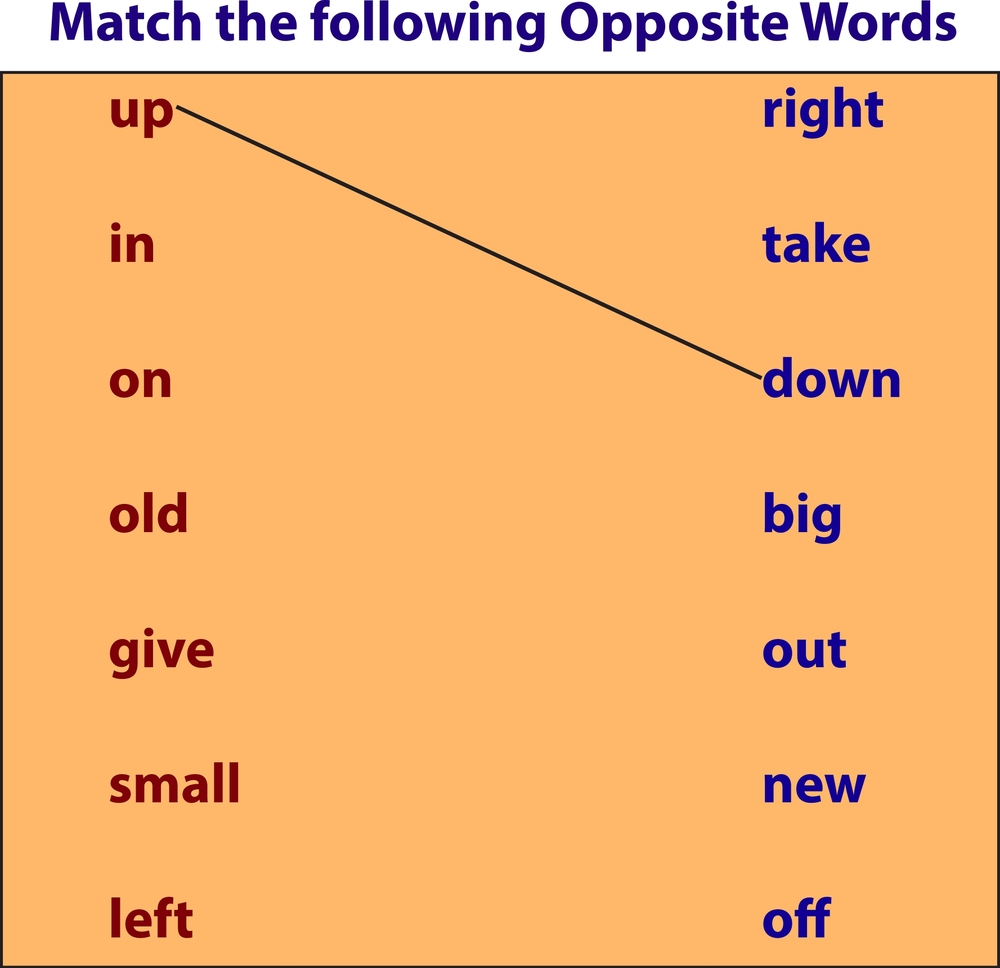Grammar Essentials: Improve Your Writing Skills
Introduction
Do you ever wonder why some people write so well? It’s not magic—it’s all about grammar! Good grammar is what makes writing clear, interesting, and easy to understand. Whether you are writing an essay for school, an email to a friend, or a story for fun, knowing the basics of grammar can help you express your ideas better.
In this article, we’ll look at some simple grammar rules and give you easy tips to improve your writing. Let’s get started!
Why Grammar is Important for Writing
Imagine you’re reading a sentence that doesn’t make sense because of mistakes. It can be confusing, right? That’s why grammar is important—it helps us write sentences that are clear and easy to understand. Here’s how good grammar helps you:
- Makes your writing clear: It’s easier for others to understand what you mean.
- Makes you look smarter: When your writing has good grammar, people take you more seriously.
- Helps you communicate better: Whether it’s a school paper or a text message, grammar helps you share your thoughts clearly.

Key Grammar Essentials for Better Writing
1. Parts of Speech
Parts of speech are like the building blocks of sentences. Let’s break them down:
- Nouns: These are words that name things, people, or places (e.g., dog, teacher, school).
- Verbs: These are action words, showing what someone or something does (e.g., run, eat, jump).
- Adjectives: These describe nouns, making them more interesting (e.g., happy dog, big house).
- Adverbs: These describe verbs, telling us how, when, or where an action happens (e.g., run fast, speak softly).
- Pronouns: These replace nouns to make sentences easier (e.g., he, she, they).
- Prepositions: These show relationships between nouns (e.g., on, in, under).
- Conjunctions: These connect words or sentences (e.g., and, but, because).
Understanding these parts helps you put sentences together correctly.
2. Subject-Verb Agreement
This simply means that the subject and the verb in a sentence need to match. If the subject is singular (one person or thing), the verb should be singular too. If it’s plural (more than one), the verb should be plural.
- Correct: The cat runs fast.
- Incorrect: The cat run fast.
Making sure the subject and verb agree makes your sentences sound right.
3. Sentence Structure
Sentence structure is how you put words together in a sentence. There are four main types:
- Simple sentences: These have one subject and one verb (e.g., “The dog barks.”).
- Compound sentences: These have two simple sentences joined by a word like “and,” “or,” or “but” (e.g., “The dog barks, and the cat sleeps.”).
- Complex sentences: These have a main idea and a smaller, related idea (e.g., “The dog barks when someone knocks.”).
- Compound-complex sentences: These are a mix of compound and complex sentences (e.g., “The dog barks, and the cat hides when someone knocks.”).
Using different types of sentences makes your writing more interesting!

4. Punctuation
Punctuation marks are symbols that help organize writing. Here are some basic ones:
- Period (.): Ends a sentence (e.g., “I love pizza.”).
- Comma (,): Separates words or groups of words (e.g., “I like apples, bananas, and grapes.”).
- Question mark (?): Ends a question (e.g., “What time is it?”).
- Exclamation mark (!): Shows excitement or surprise (e.g., “Wow! That’s amazing!”).
- Apostrophe (’): Shows possession (e.g., “Sara’s book”) or shortens words (e.g., “don’t” for “do not”).
Knowing how to use these symbols helps your writing make sense!
5. Common Grammar Mistakes
Even the best writers make grammar mistakes. Here are some of the most common ones:
- Your vs. You’re: “Your” shows something belongs to someone (e.g., “Your pen”), while “You’re” means “you are” (e.g., “You’re my friend.”).
- Their, There, and They’re: “Their” is for possession (e.g., “Their house”), “There” shows a place (e.g., “The book is over there”), and “They’re” means “they are” (e.g., “They’re coming soon.”).
- Its vs. It’s: “Its” shows possession (e.g., “The cat licked its paw”), while “It’s” means “it is” (e.g., “It’s raining outside.”).
Simple Tips to Improve Grammar Skills
1. Read Regularly
Reading is one of the best ways to learn grammar. When you read, pay attention to how sentences are written. Notice how commas and other punctuation marks are used, and see how different sentence structures make the story interesting.
2. Use Grammar Tools
There are helpful tools online that can check your grammar and give you suggestions. Tools like Grammarly can find mistakes in your writing, suggest better words, and help you understand what needs to be fixed.
- Grammarly is a free tool that checks your spelling, grammar, and punctuation. It even explains why a word is wrong, which helps you learn as you go.
3. Practice Writing
Practice makes perfect! Set aside time to write a little bit every day. You can start with a journal, a letter to a friend, or even a short story. The more you write, the more comfortable you’ll become with grammar rules.
4. Take Grammar Courses
If you want to improve faster, try an online grammar course. Websites like Coursera and Udemy offer beginner-friendly courses that explain grammar in a fun and easy way.

Conclusion
Grammar may seem tricky at first, but it gets easier with practice. It helps make your writing clear, your communication better, and your thoughts easier to understand. By learning the basics, using helpful tools, and practicing regularly, you can become a stronger, more confident writer.
Remember, no one is perfect, and it’s okay to make mistakes while learning. Keep reading, writing, and exploring grammar—over time, you’ll see real improvement!
FAQs
What is grammar?
Grammar is the set of rules that guide how we use words to make sentences. It includes things like punctuation, word choice, and sentence structure.
How can I improve my grammar quickly?
You can start by reading more, using grammar tools like Grammarly, and writing regularly. Taking short online courses can also help.
Why is grammar important?
Good grammar makes writing clear and easy to understand. It helps you share your thoughts correctly and makes you look more professional.
What are some common grammar mistakes?
Some common mistakes include confusing “your” and “you’re,” mixing up “their,” “there,” and “they’re,” and using apostrophes incorrectly.
Can reading help improve grammar?
Yes! Reading helps you see how good grammar is used in real writing. It shows you how to form sentences correctly and use punctuation properly.




